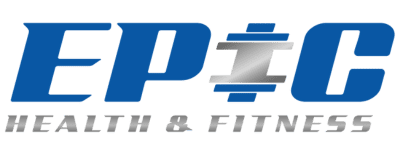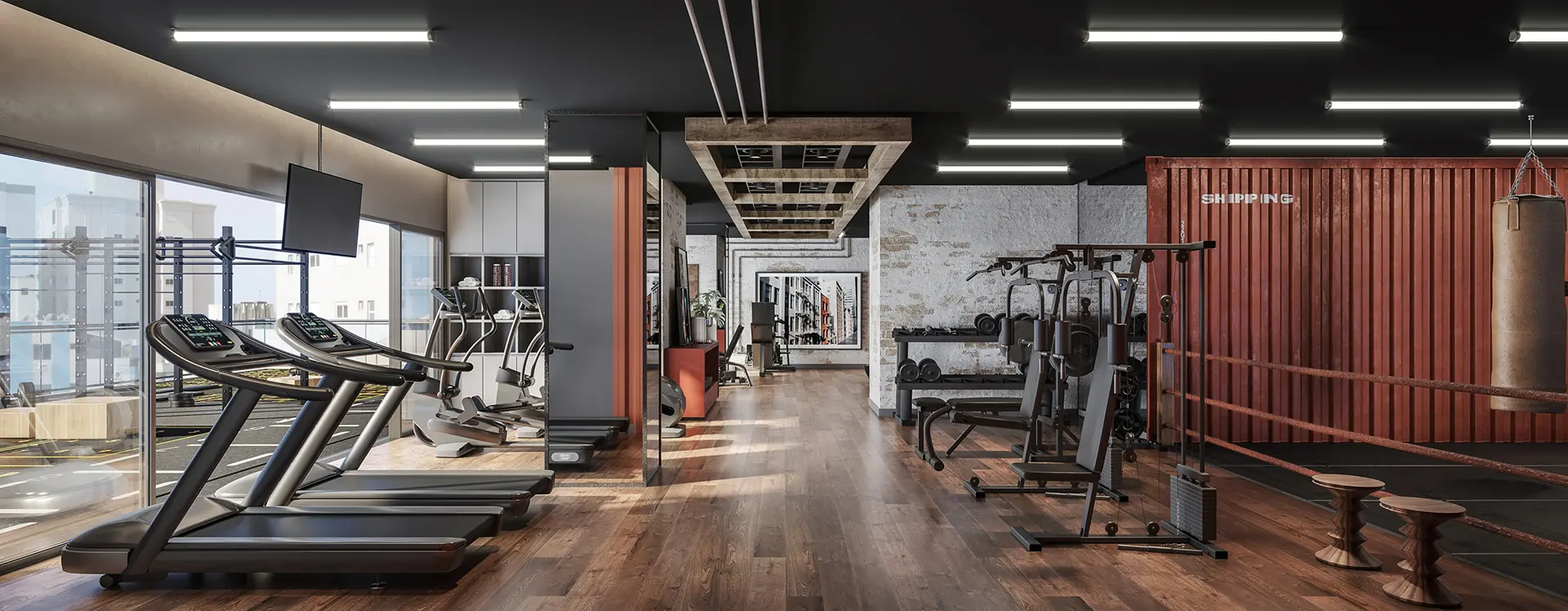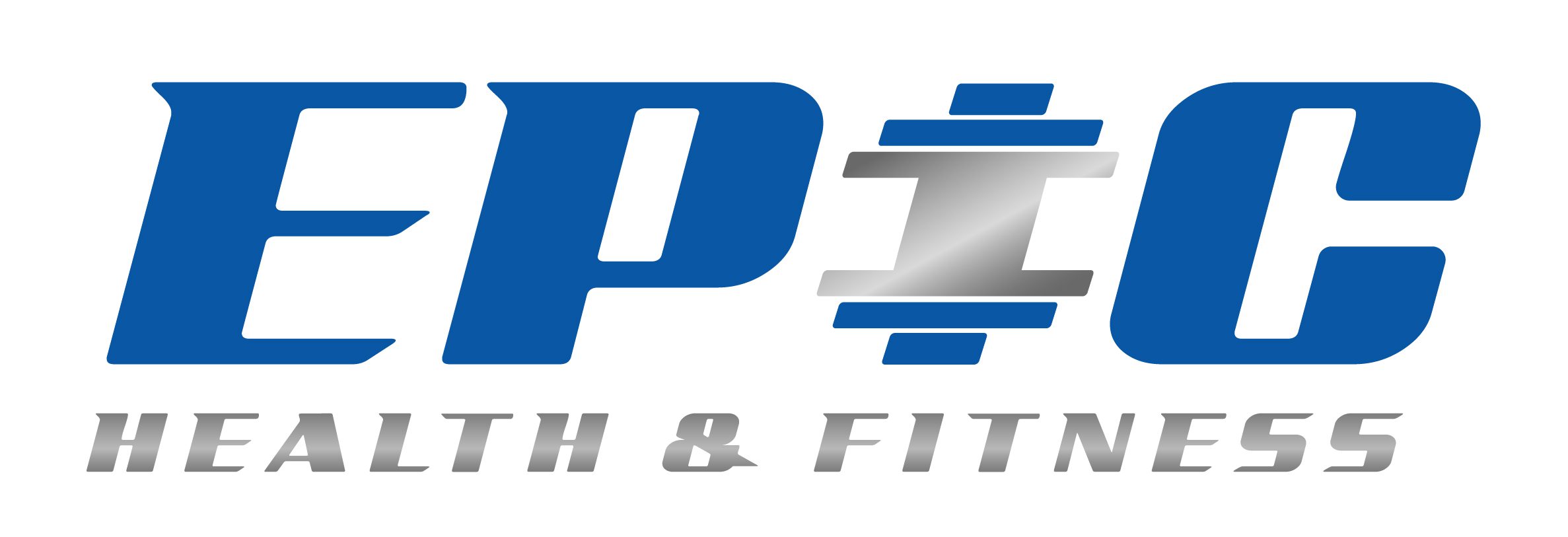NO MORE EXCUSES. QUIT STALLING! Start Today.
Epic Health & Fitness welcomed Ryan & Kelly Unger to share real-world fitness lessons from their training and daily lives. In this in-depth feature, we expand on their coaching approach, sample programs tailored to busy schedules, nutrition strategies that stick, and practical steps you can use immediately to make fitness a reliable part of your life. Whether you’re restarting fitness or chasing a new personal best, the Ungers’ advice focuses on sustainable progress and realistic habits.
Who are Ryan & Kelly Unger?
Ryan and Kelly bring a combined perspective of long-term training, real-world coaching, and family-first priorities. They emphasize pragmatic solutions: meaningful workouts, simple nutrition tweaks, and deliberate recovery. Their approach is not about quick fixes — it’s about building routines that fit life, not fighting it.
Why their approach works
- Small habits scale: Ryan and Kelly stress tiny daily wins that compound into meaningful progress.
- Progress over perfection: keep training consistent and progressive rather than perfect and sporadic.
- Sustainability: design plans you will actually do for months, not just weeks.
Core principles — what to focus on
They distill fitness into a few simple anchors: Strength, Conditioning, Nutrition, and Recovery. Each anchor receives targeted, manageable inputs every week.
Strength: build the foundation
The Ungers recommend three full-body strength sessions per week for most people. Each session focuses on compound movements, progressive overload, and reliable technique.
- Session structure: 3–5 sets per major lift, 4–8 reps for strength phases, 8–12 for hypertrophy phases.
- Movement choices: hinge (deadlift/hinge variation), squat, press, row, and a core/anti-extension pattern.
- Progression: log loads, add small weekly increments, and deload every 4–8 weeks.
Conditioning: short and effective
Short conditioning sessions (20–30 minutes) preserve time and support cardiovascular health. Ryan suggests interval formats or steady-state depending on your goal and fatigue.
- Interval example: 8–10 rounds of 30s work / 60s rest on bike or rower.
- Steady state: 25–30 minutes at a conversational pace for endurance and recovery days.
Sample weekly plan for busy lives
This plan is realistic for professionals, parents, or anyone with constrained time.
- Monday — Strength: Full body (squat, horizontal press, deadlift variation, accessory) — 45–60 min.
- Tuesday — Mobility & light cardio: 20–30 min mobility, brisk walk.
- Wednesday — Conditioning: 25 min intervals (bike/row/treadmill).
- Thursday — Recovery or active rest: mobility/yoga, short walk.
- Friday — Strength: Full body (focus on different compound patterns or heavier loads).
- Saturday — Optional class: coach-led small group, technique work, or outdoor activity.
- Sunday — Rest: prepare for the week, light mobility.
Nutrition the Unger way — simple and sustainable
Nutrition is about consistency. Kelly emphasizes habits rather than perfection: get protein at each meal, prioritize whole foods, and plan for reality (meals out, events, travel).
- Protein target: 20–40g per meal, depending on body size and activity.
- Meal examples: Greek yogurt + berries for breakfast, chicken + veggies + rice for lunch, salmon + salad for dinner.
- Small swaps: replace sugary snacks with fruit + nuts, swap soda for sparkling water.
Recovery & sleep
Progress depends on recovery. The Ungers prioritize 7–8 hours of sleep, a nightly mobility routine, and active recovery days. Even small things — better sleep timing, hydration, and consistent cool-downs — add up.
Tracking progress — not obsession
Use simple metrics: weekly training volume, body-weight trends, energy, and sleep quality. Ryan suggests logging workouts and monthly photos, not daily weight obsession.
Common pitfalls & how to avoid them
- Too much too soon: start smaller and add consistency. Micro-workouts beat inconsistent epic sessions.
- Lack of planning: schedule workouts like meetings; have fallback 20-minute plans for busy days.
- Poor recovery: build sleep and mobility into the plan from week one.
Real member example
One member followed the sample week for 12 weeks: three strength sessions, two mobility/conditioning sessions, and small diet swaps. The result: +10 lb strength gains on squats and a sustainable 6% body-fat reduction without extreme dieting. The key? Consistency and small, recoverable progressions.
Practical takeaways — start this week
- Pick your three strength days and block them in the calendar.
- Choose two nutrition swaps to implement (protein at breakfast; switch dessert 2x/week to fruit).
- Schedule a 10-minute nightly mobility session and commit for 14 days.
Where to get help
If you want individualized programming, book a session with an Epic Health & Fitness personal trainer. Prefer a structured group? Check the class schedule. Want to try the club? Claim a free pass.
FAQ — quick answers
How do I start if I’m new?
Begin with two short strength sessions and one conditioning session per week, prioritize protein and sleep, and increase volume slowly.
How long until I see progress?
Within 4–8 weeks you should see measurable strength or endurance improvements if you’re consistent and recovering properly.
Small changes repeated over months create the biggest wins. Make the program fit your life and you’ll stay consistent — that’s the Ungers’ main message.



